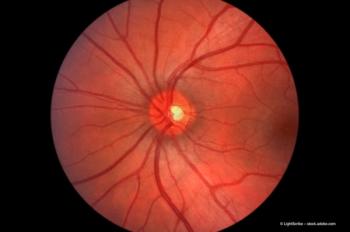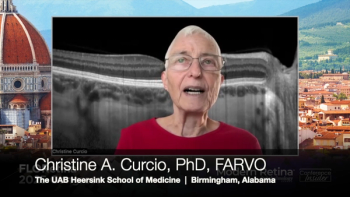
Addressing Drug Delivery Gaps in Retinal Disease
Following a discussion regarding drug delivery challenges in retinal disease, a panel of global experts suggest what types of technological requirements and improvements they would like to see occur in the field.
Episodes in this series

Albert J. Augustin, MD: We all agree that we also have to focus on longer injection intervals and less treatment burden for the physician, the patient, and their caregivers. In addition, we need to modify the drug-delivery systems, which may help us prolong the administration intervals. This means we need to focus on pharmacokinetics, immunogenicity, biodegradation, tolerability and toxicity. Dr Peto, what are some of the technological requirements that could be considered when we should give or can give advice to the manufacturer? Of course, we have to focus on clinical performance and stability as well.
Tunde Peto, MD, PhD: In terms of the drugs, ideally it doesn’t have to be injected as often as we have to do it at the moment; it’s well-tolerated, sterile, and doesn’t cause any inflammation or infection; it can’t get into the eye; and it’s durable. What we’d like to achieve would be to have some biomarkers at the beginning when we see the patient; therefore, we’d know which drug will work and why we should give it to a patient. We haven’t gotten as far as some of the inherited retinal diseases people have. Looking at the genes, they’d be able to say if a treatment is likely to work. Unfortunately in AMD [age-related macular degeneration] and in diabetes, we don’t have that. We’d like to be able to take a history, do a genetic test, take a liquid biopsy from the anterior chamber and from the aqueous humor, and characterize that patient to the point where we can say, “From the armament of the drugs we can choose, these are likely to work for you.” We are unfortunately not there, but if we had the right choice of drug that we can give them, it would mean that both ourselves and the patients could be much better treated and much better looked after.
Transcript edited for clarity.
Newsletter
Get the essential updates shaping the future of pharma manufacturing and compliance—subscribe today to Pharmaceutical Technology and never miss a breakthrough.

































